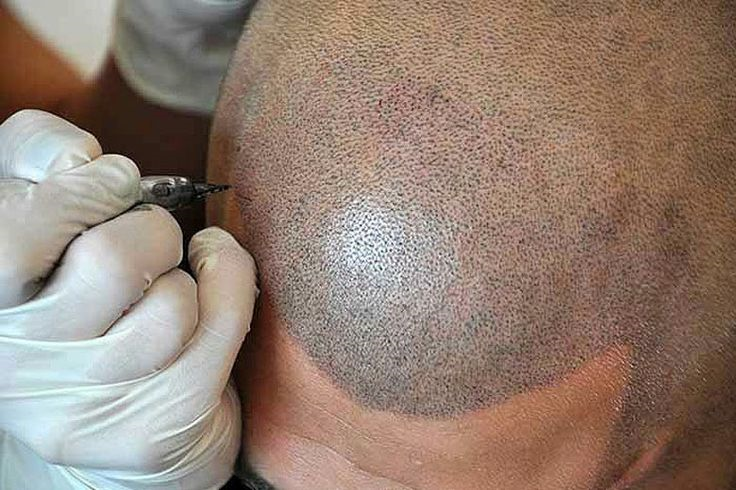Introduction
Hormonal imbalance is a common issue affecting people worldwide, but its impact on skin health, particularly in Asian individuals, is significant. Many people struggle with hyperpigmentation, a condition where certain areas of the skin become darker than the surrounding regions. This issue can be frustrating, especially for those who have naturally melanin-rich skin. Understanding how hormonal changes contribute to hyperpigmentation in Asian skin can help individuals manage and prevent unwanted pigmentation issues.
Understanding Hormonal Imbalance
Hormonal imbalance occurs when the body produces too much or too little of certain hormones, leading to a range of health problems. These hormones regulate many bodily functions, including metabolism, mood, and skin health. Fluctuations in estrogen, progesterone, testosterone, and cortisol can trigger visible changes in the skin, including increased melanin production.
The Role of Hormones in Skin Health
Hormones play a crucial role in maintaining skin elasticity, hydration, and pigmentation. Estrogen, for example, helps maintain smooth and radiant skin, while androgens influence oil production. When hormones fluctuate, the skin’s ability to repair itself weakens, leading to increased sensitivity to external factors like UV rays, pollution, and inflammation, all of which contribute to hyperpigmentation.
Why Asian Skin is More Prone to Hyperpigmentation
asian hyperpigmentation has a higher melanin content than lighter skin types, which provides better natural sun protection but also makes it more prone to pigmentation disorders. When the skin experiences any form of trauma, such as inflammation, acne, or excessive sun exposure, it tends to respond by producing excess melanin, leading to stubborn dark spots. Additionally, hormonal fluctuations further aggravate this tendency, making pigmentation more noticeable and long-lasting.
How Hormonal Changes Trigger Hyperpigmentation
During hormonal changes such as puberty, pregnancy, menopause, or even stress-related imbalances, the body increases melanin production. For example, many women experience melasma, a form of hyperpigmentation, during pregnancy due to elevated estrogen and progesterone levels. Similarly, conditions like polycystic ovary syndrome (PCOS) can lead to increased androgen levels, causing dark patches on the skin, particularly in areas like the neck, underarms, and inner thighs.
Common Hormonal Disorders Leading to Hyperpigmentation
Several hormonal conditions are directly linked to hyperpigmentation. PCOS, which affects many Asian women, causes an overproduction of androgens, leading to acne and dark spots. Thyroid disorders can also disrupt skin pigmentation by affecting melanin regulation. Additionally, adrenal gland disorders can cause excessive production of cortisol, leading to conditions like Addison’s disease, which results in darkened skin patches. Understanding these conditions is crucial for identifying the root cause of pigmentation issues and seeking appropriate treatment.
The Impact of Stress and Lifestyle Factors
Apart from medical conditions, lifestyle factors such as stress, poor diet, and lack of sleep can contribute to hormonal imbalances. Chronic stress leads to an increase in cortisol, which can weaken the skin barrier and make it more susceptible to pigmentation issues. Unhealthy eating habits, especially diets high in processed foods and sugar, can cause insulin spikes that disrupt hormonal balance. Additionally, inadequate sleep can prevent the body from repairing itself properly, worsening pigmentation problems over time.
Treatment and Management Strategies
Managing hormonal imbalance and its effects on hyperpigmentation requires a combination of medical treatment, skincare, and lifestyle modifications. Consulting a healthcare professional to diagnose hormonal disorders and receive appropriate treatment, such as medication or hormone therapy, can be beneficial. Using skincare products containing ingredients like vitamin C, niacinamide, and retinoids can help reduce pigmentation by promoting cell turnover and brightening the skin. Sun protection is also essential, as UV exposure can worsen pigmentation. Wearing sunscreen daily, even indoors, helps prevent further darkening of existing spots.
Maintaining a balanced diet rich in antioxidants, vitamins, and healthy fats can also support hormonal health. Regular exercise can help regulate insulin levels and reduce stress, which in turn minimizes hormonal fluctuations. Additionally, practicing mindfulness techniques such as meditation and yoga can help control cortisol levels and prevent stress-induced pigmentation.
Conclusion
Hormonal imbalance plays a significant role in the development of hyperpigmentation, especially in Asian skin, which is naturally more prone to pigmentation disorders. Understanding the connection between hormones and skin health can help individuals take proactive steps to manage and prevent excessive pigmentation. A combination of medical treatment, proper skincare, and healthy lifestyle habits can effectively reduce the impact of hormonal imbalances and promote a more even skin tone. If persistent pigmentation issues arise, consulting a dermatologist or endocrinologist can help identify the underlying cause and provide targeted treatment options.







0 Comments